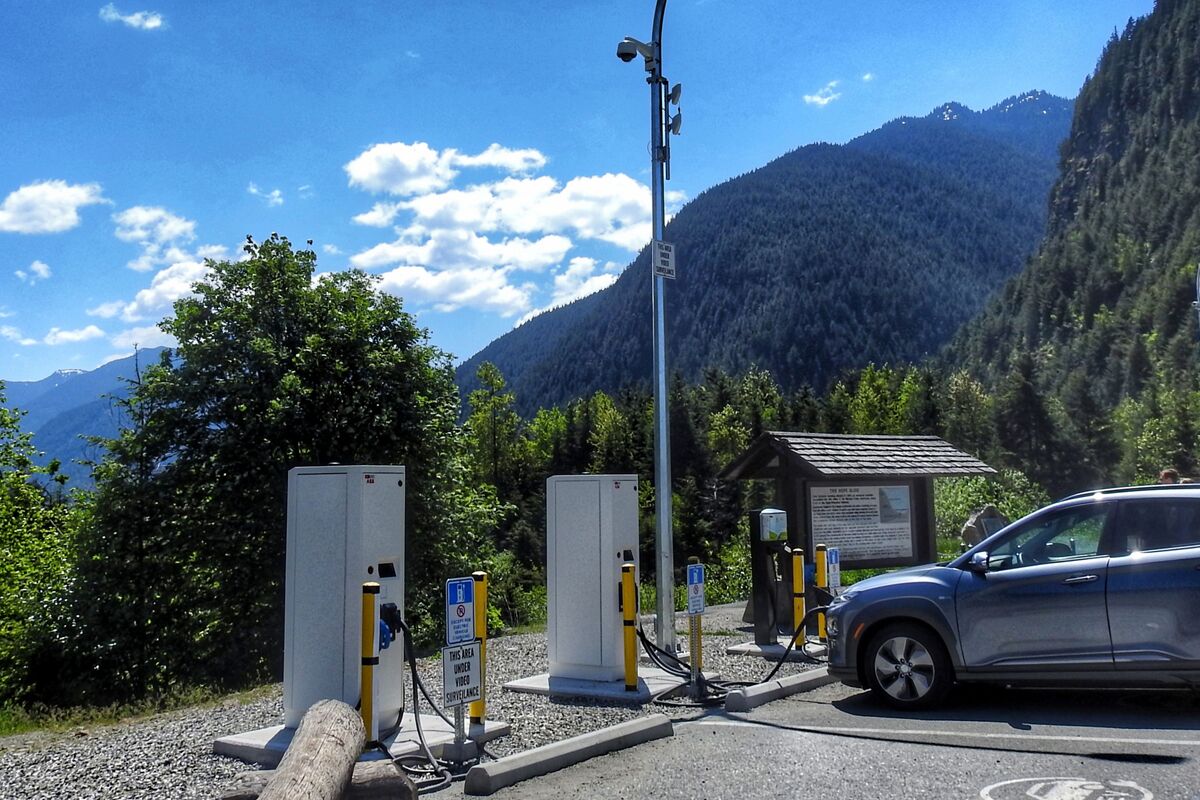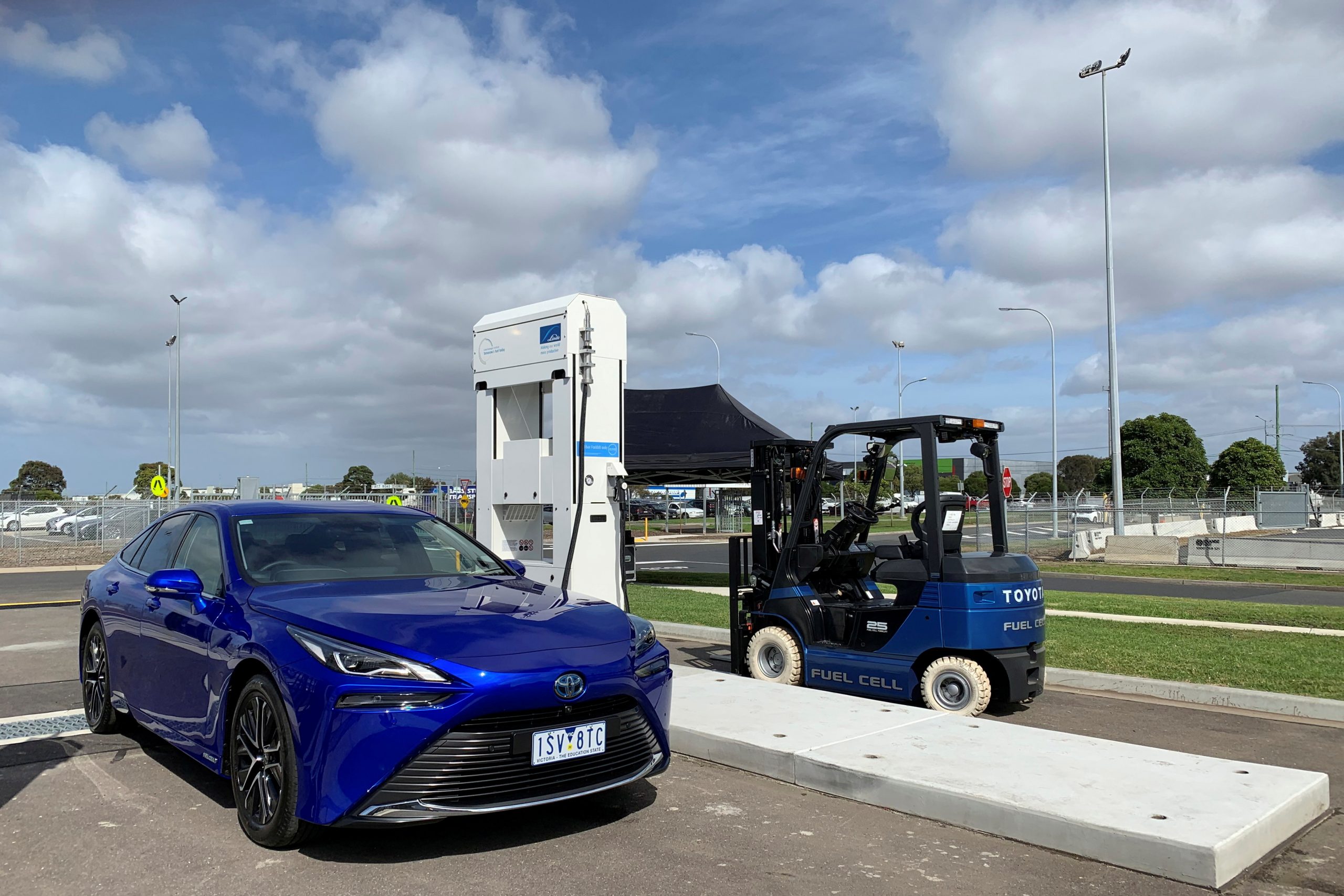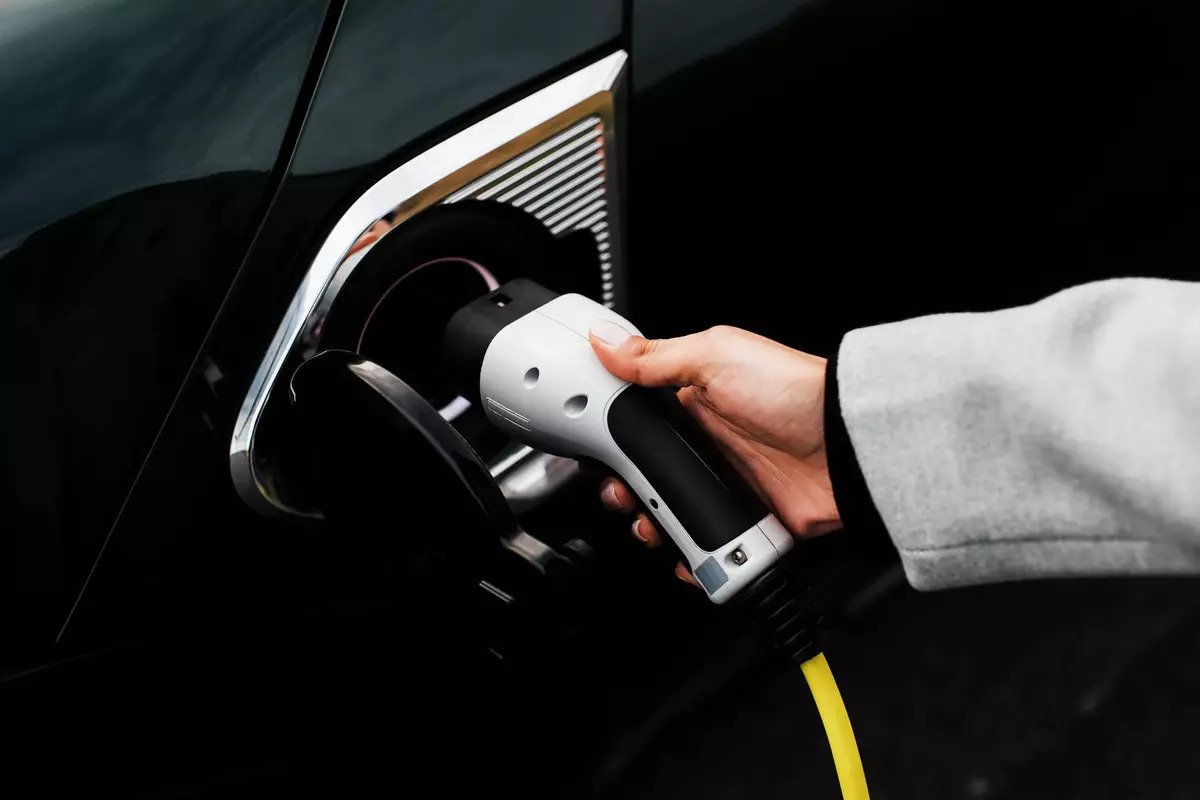Electric vehicles (EVs) are generally safer and better for the environment than those Internal Combustion Engine Vehicles (ICEVs). With much appreciation for government subsidies and competitive car markets, EVs are evolving to be more inexpensive and worthwhile.
Many want to live greener lives, and the environmental factor often motivates them to ditch traditional vehicles and go for EVs. Additionally, EVs are very fashionable and fun to drive.
One significant difference is that you can see right away: EVs do not come with tailpipes, indicating fewer to no harmful emissions. With EVs, there is no direct emission from the vehicle to the air. Energy used for EVs generated for the grid is still considerably cleaner than energy from a dirty internal combustion engine of a truck or car.
Do you want to know how broad the impact of your power generation is? Do your research. It depends on where you live to decide how much better your electric car is for the environment than your conventional gas car.

The US Department of Energy noticed that EVs could convert energy anywhere from 59%-62% to actual miles driven. Such is coming from the electrical grid. Conventional cars, however, can only convert anywhere from 17% to 21% of their energy to physical miles. It is far less efficient, meaning EVs are and always will be miles greener than ICEVs. Thankfully, clean, renewable power plants are now in the works.
Indeed, driving an EV is better for the planet than driving an ICEV.
If you wish to know how green your EV is, find out how your city’s electricity is generated, which is often a mixture of various methods. Due to their excellent all-around efficiency and favorable environmental impact, electric vehicles, or EVs, are the future. It is great to see that many are already, and hopefully, everyone will move in that direction.





